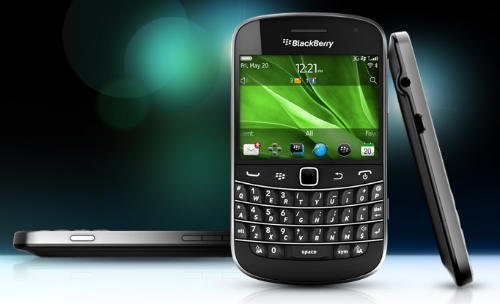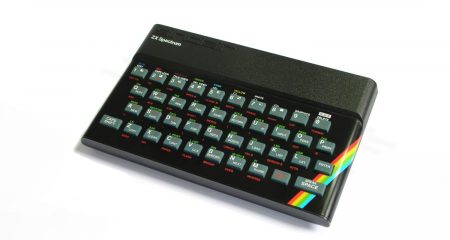
BlackBerry maker Research In Motion (RIM) is facing mounting criticism over its ability to compete in its primary markets against Apple and Google.
RIM fuelled speculation about looming difficulties when it released a dire financial warning last week in which it said it expected a sharp decline in profits and lower than expected device shipments despite enjoying continued growth in emerging markets.
The Canadian company’s share of worldwide smartphone sales has dipped to 14%, down from 20% a year earlier. During the same period, sales of Google’s Android-based phones more than trebled to 33%, with Apple maintaining its 16% market share.
The PlayBook, RIM’s tablet offering, which had been tipped as a real rival to Apple’s iPad, has also come under heavy fire. Although the PlayBook’s hardware, design and operating system have been well received; reviewers have complained that RIM rushed out the device before key features like e-mail were ready.
The profit warning, combined with bad press surrounding the PlayBook, sent the company’s share price down by as much as 14% on the Nasdaq. Now analysts and investors are expressing concern about its future in the smartphone and tablet markets.
World Wide Worx Strategy MD Steven Ambrose says RIM may have missed the boat on its attempted strategic shift to target the consumer rather than business market. “Hi-tech has become more consumer driven than ever before and companies such as Google and Apple have built consumer-centric devices,” he says.
However, Ambrose says RIM has never really managed to shed its corporate clothing and even now its products and ecosystems are more geared to the corporate market than consumers.
“RIM has always answered the concerns of the chief information officers. They are always talking up things like security and business acceptance. But they have not been able to make the leap into the consumer discussion,” he says.
However, in emerging markets like SA, the BlackBerry has enjoyed good growth in the consumer segment. Its take up in emerging markets can be partly attributed to the high cost of mobile data and BlackBerry’s unmetered bandwidth offerings.
Data costs in developed markets are lower and consumers have more spending power. “In RIM’s primary markets, customers have chosen other devices,” Ambrose says.
On Monday, RIM kicked off its annual developer conference in the US, with co-CEO Jim Balsillie strongly defending the company’s strategy and insisting the challenges are temporary. “We all wish we could have got the new products out quicker, but that just hasn’t happened,” he said in his keynote address.
Balsillie was also reportedly on the defensive through much of the question-and-answer portion of his address, repeatedly saying that bringing out new products in a “turbulent market” is a tough job.
In a bid to show it is still relevant, RIM unveiled a slew of new products at the conference. These included BlackBerry OS7, its new operating system, and two new smartphones. The BlackBerry Bold 9900 and 9930 integrate the company’s Qwerty keyboards with touch screens, similar to the BlackBerry Torch. The new operating system comes not long after the first devices with BlackBerry OS6 were released.
The new phones and operating system have left some commentators unimpressed, arguing it’s too little too late. Ambrose says the new devices “simply tick the boxes in the consumer market”.
He says RIM, even with the new devices, is still a year behind its competitors. “Being behind the curve in this industry is dangerous and RIM definitely knows it,” he says. — Candice Jones, TechCentral
- Subscribe to our free daily newsletter
- Follow us on Twitter or on Facebook




